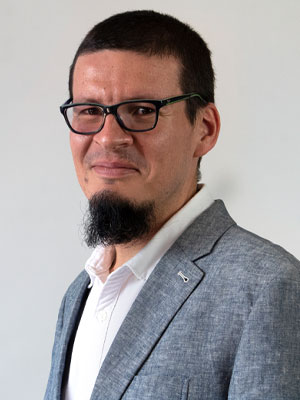Rodrigo Camarena

Rodrigo Camarena
Rodrigo joined ITAM's law department in 2017. He holds a PhD from Macquarie University, a Master of Jurisprudence from the University of Sydney, and a Bachelor of Laws from the University of Guadalajara. His research areas are constitutional law, comparative legal studies, and critical legal theories. He has published on precedent and judicial decision, the new separation of powers in the Global South, legal pluriculturalism, digital sub-citizenship and indigenous peoples' rights in international legal and interdisciplinary journals such as Democratization, Constitutional Studies, Ragion Pratica (forthcoming), Ratio Juris, Texas International Law Journal, Transnational Legal Theory and World Trade Review.
Rodrigo teaches Constitutional Law I, Constitutional Law II and Public Law. He is part of the National System of Researchers (Level 1), co-coordinates the Permanent Seminar on Judicial Precedent with Gladys Morales (ITAM-SCJN), and co-founded, with Guilherme Vasconcelos, the extracurricular group Law and Culture. In addition, he has taught courses on judicial precedent at the federal judiciary, la Casa de la cultura jurídica, and the judiciaries of Mexico City and Zacatecas.
Rodrigo continues his research on judicial precedent and is interested in approaches in which law, music, ecology, epistemology and critical political philosophy interact. In this interdisciplinary line, he works on three projects: the group Law and Culture as a space for informal, intermittent and horizontal discussion in alternative formats; a theory of constitutional interpretation that accounts for the "glocalization" of law and contributes to overcoming the nationalist/globalist debate of constitutional lending anchored in essentialist binarisms (e.g., Global North/South) to move towards a notion of hybridization, interpenetration and resistance; and, in co-authorship with Inés Durán Matute, take up Pashukanis' work on the legal subject as "commodity owner" to identify the limitations of liberal legality in turning Nature into a rights holder and instead propose a new normativity of mutual recognition and eco-social responsibility in times of environmental and humanitarian collapse.
Academic Studies
Contact
Topics of Interest
- Constitutional Law
- Comparative Constitutional Law
- Theory of Precedent
- Critical Legal Theories





